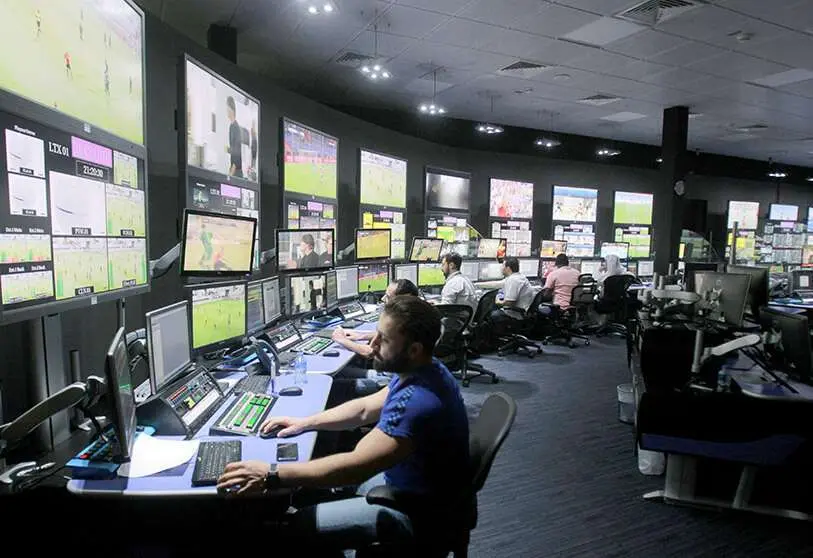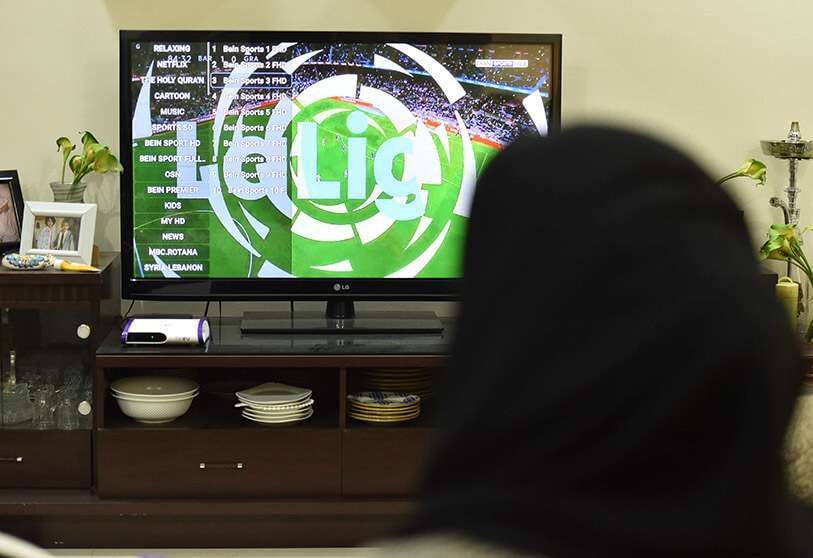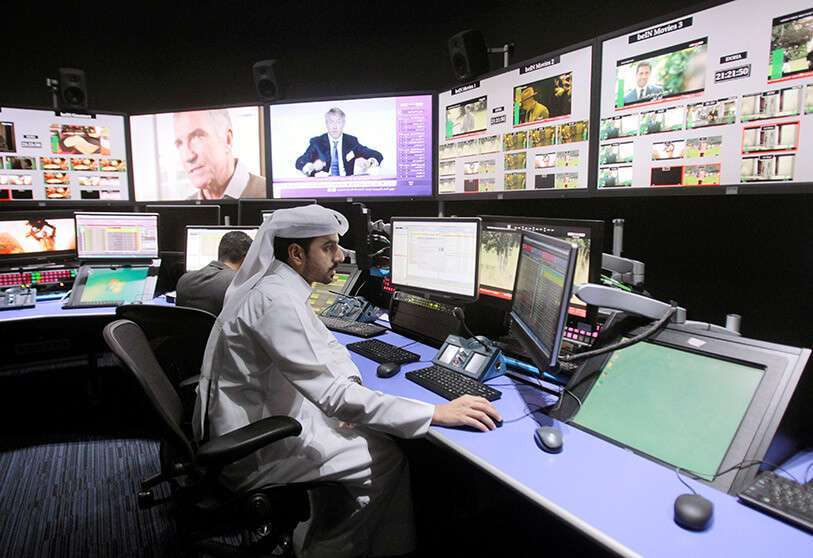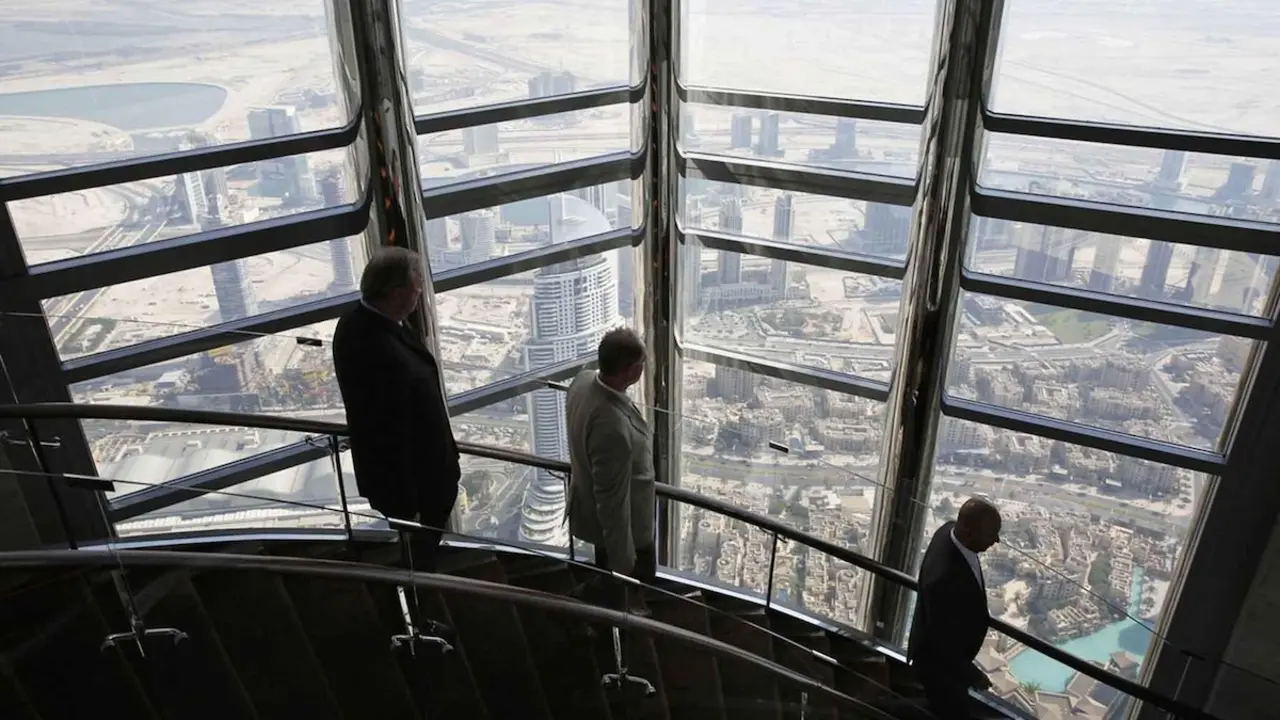The economics of sport, more than a game

Sport has a multi-purpose character that encompasses numerous functions - educational, social, economic, health - and benefits numerous economic sectors, such as telecommunications, construction, tourism, real estate, etc. As a result, more and more companies are focusing their strategy, products or services on related activities.
Sport can play an important role in the development of the Mediterranean region. Worldwide, it represents 2% of GDP, but in the Mediterranean region and Africa it does not exceed 0.5%. It is possible to develop this potential, to make sport a new growth niche through investments in infrastructures that develop the sector and create jobs. It is also an opportunity to do business, as some ex-athletes do in the humanitarian, associative and especially business fields.
Two more facts: youth and women. One third of the Mediterranean population is between 15 and 34 years old. States can mobilise public policies to develop sport as an economic sector that generates employment, local industries that are a window of opportunity for young people. On the other hand, sport is also a vector for the emancipation of women. It would therefore be advisable to encourage and support the practice of women's sport in the region.

Sport conveys many positive values that bring about social change. Such as mutual respect, following rules, facilitating understanding, acquiring and producing knowledge, learning competitiveness. Among young people, it is a tool to tackle violence and insecurity, and it is a great nuisance for groups that spread terror or extremists who exploit division to grow. Paradoxically, sporting competition can be unifying, as we can all be part of it, regardless of political ideology, race or religion.
On a social level, sport in general and pelota in particular has achieved more than politics, both in integration and in highlighting the richness and possibilities of diversity and cultural and ethnic integration in societies. The magic of sport, as we see in the example of football, brings together national teams composed of players from different backgrounds, all defending the same jersey and colours with passion. They are the best answer to narrow ultra-nationalist and extreme tendencies that seek to exploit conflicts.

In general, sports diplomacy is also an instrument of soft power and can play an important role, as we have seen in the past, for a peaceful resolution of some conflicts.
Every sporting spectacle is consolidated as a relevant economic activity because it has what is essential for any successful business: a high demand, led by millions of consumers eager for good football, basketball, baseball games.... every week.
The Mediterranean region has great potential to create clusters for the design and manufacture of sportswear, materials and equipment, centres of excellence, training and coaching, sports infrastructure, communication, audiovisual and events companies. On a human and social level, sport can generate added value activities, position itself as a tourist destination and facilitate the transformation towards a knowledge economy, with centres of excellence for education, health and sports. It is possible to partner with the best, to build a brand and investments aimed at international reputation building.

Growth in the sports economy is likely to continue, as data improves and teams compete for strategic advantage. In economic terms, the global sports industry really is much more than a game.









